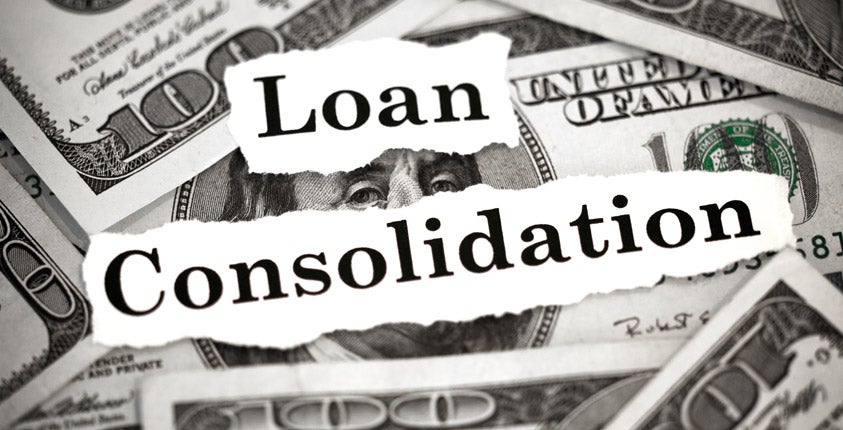Consultant’s Corner: Consolidating Business Loans

Question: Can I get a loan for consolidating business loans together, and how do I go about applying for them?
Checking with your current lender or lenders would be the first place to inquire about the availability of and requirements for a consolidation loan. Provided that your business is financially stable and generating sufficient cash flow to service any consolidated debt, has a satisfactory credit rating, and has remained current on its existing loans, your current lender or lenders will be the most likely sources for an affordable consolidation loan.
Small business financing can come from a variety of sources including the business owner(s), relatives, friends, business associates, business partners, banks, leasing companies, federal and state agencies, angel investors and venture capital firms. The amount required, available collateral, and other factors will affect the source of financing, but small amounts typically come from home-equity lines of credit, credit cards, savings accounts, relatives, friends, professional associates or business partners, while larger amounts typically come from banks, leasing companies, government agencies, angel investors and venture capital firms.
More like this: Consultant’s Corner– Funding a New Small Business
A bank or other lender, generally, considers 5 factors in a loan decision:
- borrowing capacity
- invested capital
- collateral
- business industry economic conditions
- character of the borrower
While banks and other lenders will consider the personal credit rating(s) of the business owner(s) in a small business lending decision, these factors, including the personal guarantee of a small business owner, can often overcome a lack of credit history or poor credit in certain situations. Also, lending criteria and near-term goals in lending money vary among financial institutions (banks, government, leasing companies, etc), so it pays to shop around.
Generally, the first place to start looking for a loan is your local banker. Local banks offer traditional financing, special minority and local small business programs, and government financing options. The Small Business Administration (SBA) has loan programs, but those programs require that you work through a traditional lender and have strict qualifications. You can review the loan programs and local lenders at the following websites:
Small Business Loans | SBA.gov
Small Business Loans | BankofAmerica.com
Exploring Small Business Loans and Other Financing Solutions | CitizensBank.com
Minority Business Development Agency | MDBA.gov
Equipment leasing companies often have easier credit terms than banks. You can locate these companies through a basic internet search.
Other small business financing considerations:
Business Loans and Other Funding Options | GoSmallBiz.com
US Chamber of Commerce | USChamber.com
Banks, the government, and other lenders generally require a business plan to understand how you plan to repay any debt. Typically, business plan information flows into a loan proposal. Your local accountant or CPA may be of assistance with your financial projections and business plan; but, for free professional assistance, the Federal Small Business Administration (SBA) sponsors Small Business Development Centers (SBDC’s) that provide personal assistance with business plans and the volunteer Service Corps of Retired Executives (SCORE) offers small business services. The following are the SBA websites in your area:
Office of Small Business Development Centers | SBA.gov
Sample plans, information and tools:
